#China
Will Tesla Expand in China, Or Head the Export Route?
What does the future hold for Tesla in China? Expansion, or exports?
That’s the question being asked by an Automotive News story today.
GM's Cruise Asks White House to Dissolve AV Testing Restrictions
General Motors has a long and illustrious history of receiving government favors, with 2021 likely to continue the trend. Having recently seen its request to have federal EV tax credits reset approved by the Senate Finance Committee, GM-owned Cruise is now seeking to double down by asking regulators to scale back restrictions on autonomous vehicle testing. With practically every automaker simultaneously requesting government hookups on a weekly basis, it’s hardly surprising to see this.
What is unique is the rationales given for government help and it’s often the only way to measure their merit. While most claims tend to boil down to “ we need more money,” Cruise wants regulators to get out of the way so the United States can become more competitive against China’s AV programs and is hardly the first company to make such a suggestion.
QOTD: Will Foxconn Make Fisker's PEARs?
Foxconn, also known as Hon Hai Technology Group, announced that it signed a development and manufacturing agreement with Fisker. Foxconn is one of the world’s largest electronics manufacturers and the producer of Apple’s iPhone.
Report: Tesla Won't Be Buying More Land in Shanghai
Tesla has reportedly canceled plans to expand its Shanghai plant. The electric vehicle manufacturer originally intended to make a land purchase and create a global exportation center for its products. But tensions between China and the United States have persisted, making any vehicles shipped to our market substantially less profitable for the company.
Automobiles exported from China are currently subject to a 25-percent tariff issued under the Trump administration as retaliation for the Chinese Communist Party’s heavy restrictions on foreign manufacturers. While Tesla is one of the only companies in existence that isn’t subject to China’s mandatory joint venture, resulting in a factory it wholly owns, the firm would still be subject to tariffs on every vehicle shipped to the U.S. and has recently endured a campaign of negative publicity in the region. China seems suddenly less friendly toward Tesla and it’s responding with the maximum amount of caution.
Biden to Slash U.S. Fossil Fuel Emissions 52 Percent by 2030
Today President Joe Biden committed to cutting U.S. fossil fuel emissions up to 52 percent by 2030. His statement came during a virtual climate change summit with 40 world leaders.
2023 Vantas VX SUV and T-Go Coming to the U.S.
The Vantas VX SUV will go on sale in the U.S. in late 2022. HAAH Automotive Holdings and Sicar announced yesterday that they will import Vantas and T-Go vehicles. This is a prelude to HAAH and Shanghai Sicar Automotive Technology manufacturing vehicles stateside. The COVID-19 pandemic delayed their U.S. manufacturing startup.
Ford Evos: Blueprint for the Fusion Active?
Ford debuted a new concept in Shanghai today, one that might hint at the vehicle that will be filling in for the Fusion (Mondeo in Europe) as the automaker continues removing all traces of the sedan from its lineup. While the Evos is intended to become the manufacturer’s default midsize for the Chinese market, it seems to possess many of the aspects promised on the long-awaited Fusion Active — the presumed successor of the venerable Fusion sedan.
Though the car itself resembles something closer to the Mach-E or perhaps a lowered version of the Chevrolet Blazer. The Evos’ general shape exists somewhere between a crossover and a traditional passenger car, much like the Subaru Outback the Fusion Active has been assumed to be targeting. But it’s not a perfect fit and Ford is keeping many of the details to itself, making it very clear that the concept will be the blueprint for future models and not necessarily a snapshot of something that’s production-ready.
Volkswagen ID.6 Readied for China, Perhaps North America
Unveiled at the Shanghai auto show, Volkswagen’s ID.6 is reportedly ready for the Chinese market as the manufacture strives to present itself as an EV firm. Originally known as the spacious ID Roomzz concept, the three-row crossover will be the VW’s largest product on the Asian market and come in two distinct flavors — each the offspring of separate joint ventures required by the Chinese government.
The ID.6 Crozz (shown in orange) will be produced at the FAW-Volkswagen facility in Foshan while SAIC Volkswagen will be responsible for manufacturing the ID.6 X (purple) at its plant in Anting, near Shanghai. Regardless of which model customers go with Volkswagen is promising a vehicle “tailored specifically to the needs and wishes of Chinese customers in terms of space, functionality, design and, in particular, user experience.” While we may eventually see a version of the ID.6 coming to North America, China is Volkswagen’s largest individual market and ranks higher in the manufacturer’s list of priorities.
Chinese Auto Sales Reportedly Rebounding Robustly
The China Association of Automobile Manufacturers (CAAM) is reporting its home market grew 74.9 percent in March, resulting in nearly 2.53 million new-vehicle deliveries. While we’re often skeptical of the organization’s rosy predictions and tallies, it’s claiming the recent sales surge is the direct result of how bad things had been in the previous year. China instituted some of the most aggressive lockdown protocols of any nation in the initial stages of the pandemic and had already been struggling with a declining vehicle market in 2019.
CAAM is making no illusions about the gains being based on anything other than how horrible March of 2020 was and doesn’t want to overpromise moving ahead. It’s a warning that the semiconductor shortage will likely worsen as the year continues, dampening Q2 projections. But the organization has not yet revised its forecast for next year’s overall sales. Last December, CAMM predicted roughly 26.3 million vehicles would be delivered by the end of 2021 and appears to be running with that target.
What Happened To the Chinese Automakers Wanting a Piece of the U.S. Market?
American automakers can usually count on selling just below 3 million vehicle sales in China every year. While that figure includes the caveat that the Chinese Communist Party requires foreign manufacturers to partner up with established local companies, it remains substantially larger than the number of cars Chinese brands manage to move in the United States per annum — which is effectively zero.
From BYD to Zoyte, just about every large Chinese manufacturer has issued a deluge of promises about breaking into our market over the last decade — including most of the names we’ll be mentioning below. Consider this sort of the “Where Are They Now?” of evergreen automotive content about regional disparities. Because very little has moved in regard to China’s involvement with the North American auto market and the current geopolitical climate doesn’t make us think that’s likely to change anytime soon.
But it hasn’t been for a lack of trying.
Chinese Smartphone Titan Xiaomi Entering the EV Race
Xiaomi, a Chinese smartphone colossus, has announced they are building their own branded electric vehicles (EVs), just like Apple, Huawei, Sony, and Foxconn.
If you’re prepared to lose money, starting a car company is easy. Just ask Tesla. Xiaomi has plenty, enough to sink $10 billion into the venture over the next 10 years.
Volkswagen Reportedly Buying Carbon Credits From Tesla China
One of Volkswagen’s joint ventures in China has reportedly offered to purchase regulatory credits from Tesla in order to adhere to the regional environmental ascendancy. While VW may be doing everything in its power to swap over to an electric-vehicle manufacturer, it’s apparently falling short of government dictums.
FAW-Volkswagen — which shipped a little over 2 million automobiles in Asia last year — happened to be one of the biggest polluters of 2020 according to China’s Ministry of Industry and Information Technology. As it turns out, selling internal combustion vehicles consumers actually want to purchase in large quantities has some kind of environmental cost. Fortunately, it’s one regulators think can be solved by buying green credits from rivals who do all of their polluting during the initial assembly process and launder any future emissions through the national energy grid.
Another One: Geely Announces Zeekr EV Brand
Geely Auto Group has announced the formation of an electric technology firm and automotive brand called Zeekr Company Limited. With the Chinese group already holding numerous mobility-focused brands with a penchant for electrification, it’s a bit curious to see it launching another one. But Geely has indicated that Zeekr will be aimed at the premium EV market using a similar business model as Lynk & Co.
That likely means selling vehicles as a service, rather than a product owned by the driver — something we’ve been incredibly wary of since the industry starting mulling over things like subscription services and online sales. Owned jointly owned by Geely Automobile Holdings and Zhejiang Geely Holding Group, the plan is to start launching products in China before the end of 2021. It’s quite the swift turnaround, leading us to believe there will be some platform sharing with other Geely-owned automotive brands. New product is said to be introduced every twelve months over the next five years.
Report: Chinese Military Bans Tesla Vehicles From Facilities
The Chinese military has decided to ban all Tesla vehicles from housing complexes and bases after citing them as a potential security risk. Since the cars use an array of ultrasonic sensors and cameras to create a panoramic view used for advanced driving features, China is concerned the American brand could use the cars to covertly map out sensitive areas.
White House Presses Taiwan On Semiconductor Shortage
Automakers around the globe have been issuing warnings for weeks that the semiconductor shortage will eventually result in fewer cars and leaner profitability reports. But the absent chips are affecting just about every industry producing modern connected devices, creating fears that electronic prices could skyrocket as availability dwindles. Lockdowns effectively crippled semiconductor supply lines right as demand peaked and everyone is starting to get a little worried about how it’s going to impact production in other industries.
The White House is reportedly taking steps to mitigate the issue by tasking Brian Deese (Director of the National Economic Council) and Jake Sullivan (National Security Adviser) with coming up with a solution. It’s also asking embassies to assist chip suppliers around the world however possible and hopefully suss out a way to stop the global shortage. Meanwhile, Deese and Sullivan will be focusing the brunt of their efforts on Taiwan.



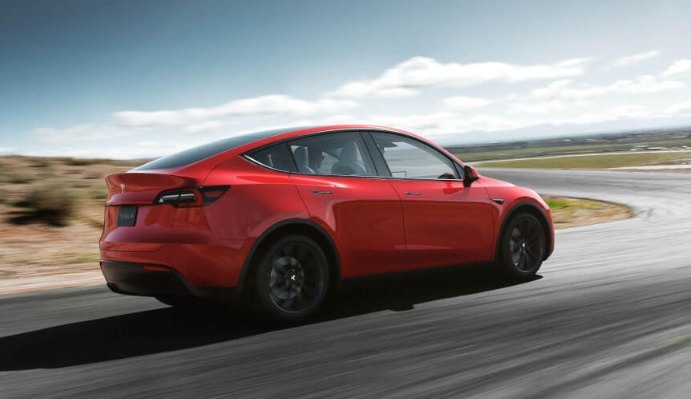


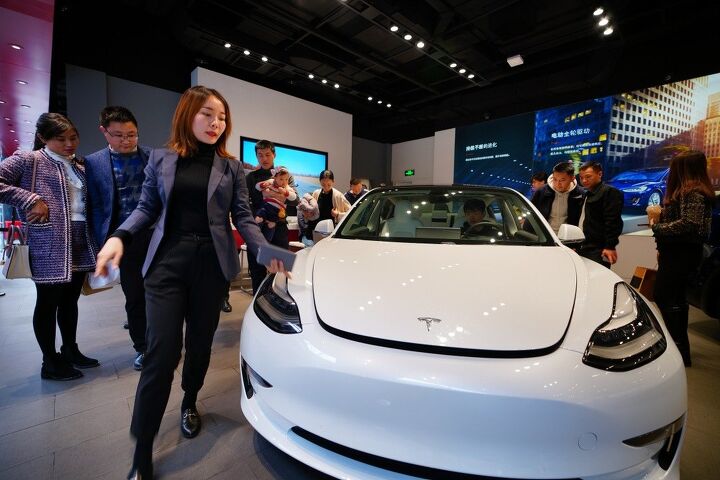

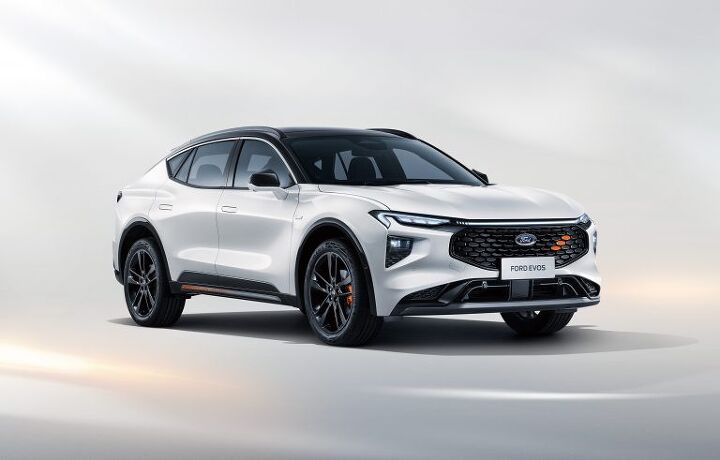
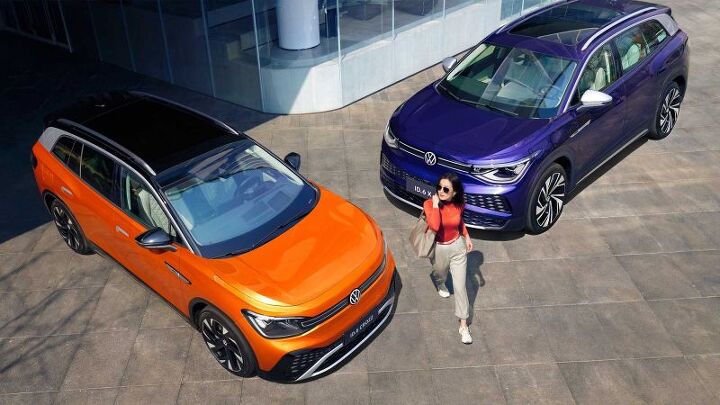
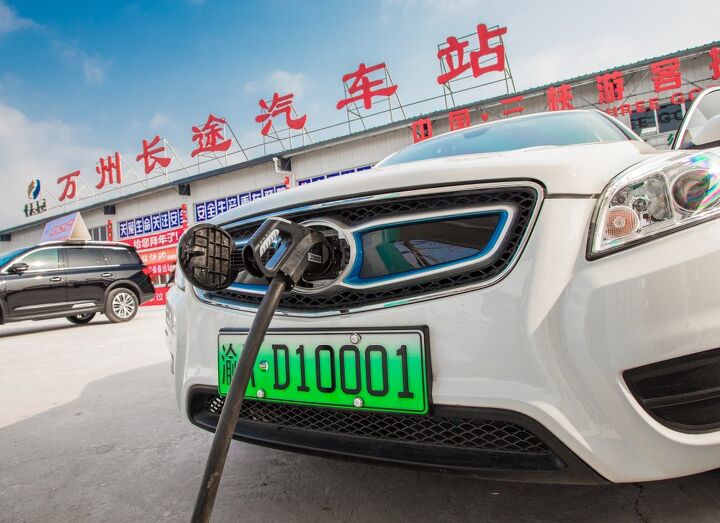


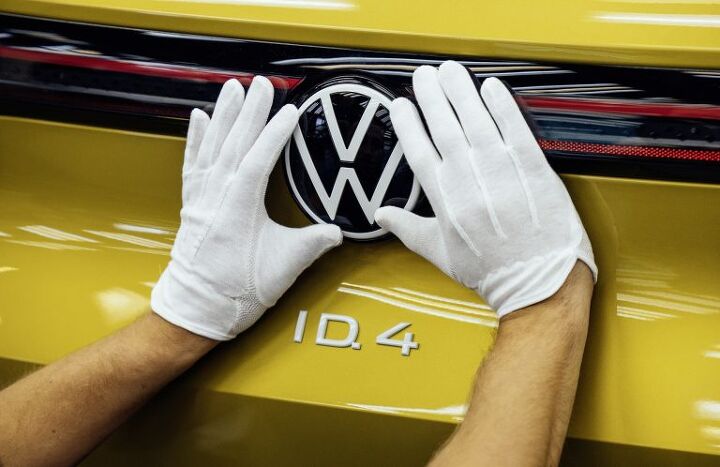
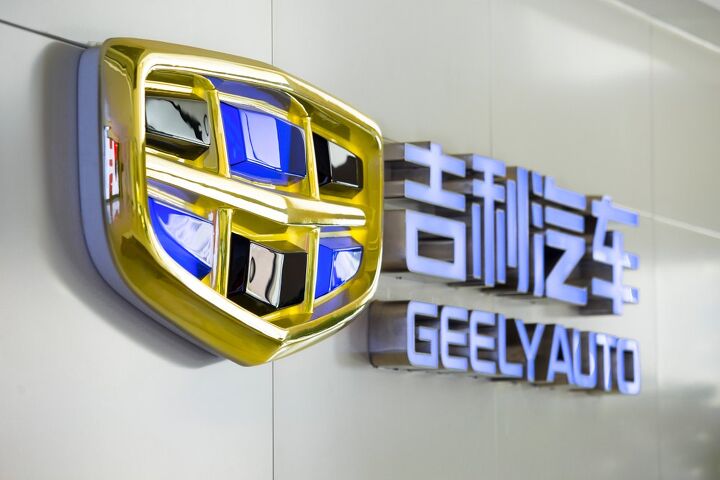













Recent Comments